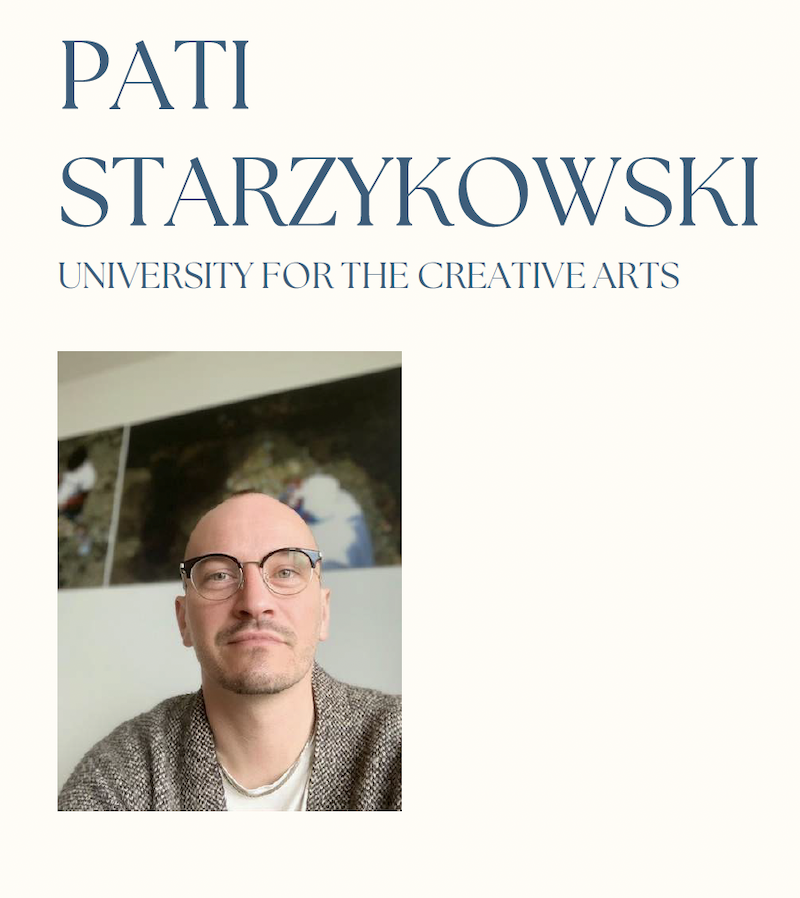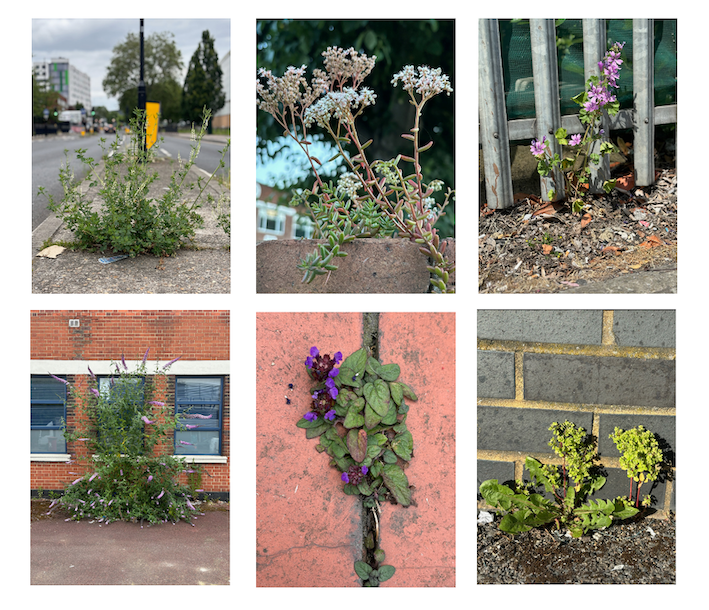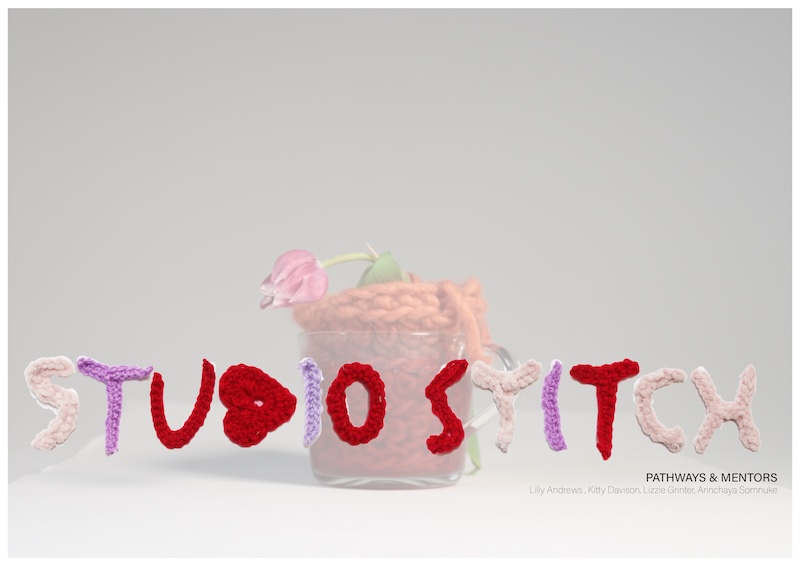Students awarded prestigious
British Council Venice Fellowship
Two students from the University for the Creative Arts (UCA) have been selected for the British Council’s Venice Biennale Fellowships programme, getting to spend a month at this year’s Venice Biennale – one of the world’s most anticipated events in the arts calendar.
15 April 2025
/prod01/channel_8/media/marketing-media/news/news-2025/The-British-Pavilion,-2022-%E2%80%93-Image-by-Cristiano-Corte-Copyright-British-Council.JPG)
Engaging with the theme of this year’s British Pavilion exhibition, GBR – Geology of British Repair, Pati Starzykowski, studying for his PhD, and Lizzie Grinter, studying BA (Hons) Architecture, will join forty-four other fellows representing the UK and Kenya as part of this year’s unique UK-Kenya collaboration.
As exhibition ambassadors, the fellows are tasked with creating moments of intercultural dialogue and connection that examine the relationship between architecture and colonisation as parallel, interconnected systems – making a case for architecture as an earth practice.

Pati, an artist and researcher working at the intersection of art, science, ecology and politics, will be mapping the presence of ruderal plants – often weeds that colonise waste ground and emerge in times of disturbance – in Venice’s plazas and courtyards.
“Venice has been shaped as a place of refuge and a centre of colonial power and trade. Ruderal plants are framed as weeds, invaders, remnants of neglect, yet they persist, forming unexpected ecologies of resistance and renewal,” Pati explained.
“Their spread is entangled with colonial histories, economic shifts, and human movement, making them both testimony and agent of change and in this project, I will research these entanglements.”

Inspired by the exuberance and resilience of ruderal plants, Pati also hopes to test the regenerative nature of certain plant roots or rhizomes found in the local lagoon, to determine whether they could establish a barrier to prevent seasonal flooding.
As an outcome of the project, Pati intends to produce a 'map of intensities' and to reproduce local pavement tiles made with local materials to trace the historicity of these ruderal plants and their role in remediation and repair.

Lizzie, a third-year student, plans to use the opportunity to focus on the reuse and repair of unwanted textiles. She plans to collaboratively craft a decorative and insulating tapestry using upcycled waste textiles at a pop-up workshop during the Biennale, bringing together people from different cultures, backgrounds, and generations.
She explained: “Visitors to the Biennale can take a moment to create something together for a kinder circular economy, allowing them to reflect upon the value of handmade techniques, while also learning about the damaging environmental impact of the fashion industry.
“The final tapestry will be a prototype of ‘beautiful’ insulation that could be used for temporary accommodation for refugees, homeless people, or to retrofit old buildings.”
Having learnt how to crochet during lockdown, Lizzie developed this concept for ‘woven walls’ by combining her new passion with her architectural studies. Her hypothetical business was named Studio Stitch and it’s from here that her insulating tapestry idea for the Biennale began.

Her project is also a comment on colonialism, specifically the history of crafts and textiles, whereby the traditional hand-crafted art form was devalued by populations exploited for their crafts. Lizzie hopes her practice can revive and shine a light on traditional craft and decorative techniques from around the world, and through her workshops, connect strangers from around the globe through co-creation.
UCA’s Professor of Architecture, Cat Rossi, oversaw the student applications and led UCA’s successful bid to become one of the British Council’s twenty-four UK and Kenyan partners.
Follow Pati @mother_matter and Lizzie @lizziegrinter and @BritishArts
Learn more about the Venice Fellowships 2025
#BritishPavilion #VeniceFellowshipsProgramme #VeniceFellowships